New research indicates that that breastfeeding at age two or older will increase a child’s risk of developing severe dental cavities.
To investigate the effect of prolonged breastfeeding on children’s teeth, Karen Glazer Peres of the University of Adelaide and colleagues analysed data on 1,129 children born in 2004 in Pelotas, Brazil.
By age five, nearly 24 percent of this group of kids had developed severe early childhood caries, which researchers defined as six or more decayed, missing or filled tooth surfaces, according to the report in the journal Pediatrics. Close to half of the children had at least one tooth surface affected.
Children who had been breastfed for at least two years, which was close to one-quarter of the group, had the highest number of cavities. Indeed, their risk of having severe caries was calculated as being 2.4 times higher.
However children up to 12 months who are exposed to breastfeeding have reduced risks of tooth decay.
The potential explanation for the increased risk of caries among children breastfed over 12 months is frequent or nocturnal breastfeeding. Although this relationship has not been well established, mothers who are breastfeeding should be advised on dietary and oral hygiene practices for their children at the earliest possible stage.
Does breastfeeding cause cavities?
Meg Nagle, mum of three and International Board Certified Lactation Consultant says NO.
“Long term” breastfeeding causes tooth decay?! NO. Just no.
“It makes absolutely no sense whatsoever from a biological, physiological, anthropological, evolutionary perspective that our own breastmilk which our bodies make for our own offspring, would cause cavities”, says Meg.
The whole notion of this even being a thing is absolutely ridiculous.
There is however, AMPLE evidence that shows breastmilk does not cause cavities. Researchers have actually found that a protein in breastmilk named Lactoferrin, actually kills S. mutans. which is one of the main cavity causing bacterias in our mouths.
“The researchers didn’t find any differences between the two groups until over the age of two years old. Why is this? It’s when we start eating more solid foods! Our toddlers diet increases substantially between 6-24 months old. Unfortunately these toddlers are often eating diets very high in sugar including juice and refined grains.”
Meg goes on to explain, “The issue here though is not breastmilk in of itself, it is the combination of many different factors working together in the perfect storm to create a more acidic environment for this cavity causing bacteria to grow, mainly; the sugar in their diet, genetics and oral hygiene.
The authors also did not include frequency of tooth brushing or dental visits in their analyses! This means that we don’t even know if the kids in the “high sugar” group were brushing their teeth or seeing a dentist!
“The study also found an association between socioeconomic characteristics and how it was a contributing factor as children in lower income families had more dental cavities.”
“Hhhhmmmm…and breastmilk is still being blamed? Another issue with this group of “high sugar” kids over the age of 24 months? Only ONE QUARTER of them were still breastfeeding!! How is it that one quarter of the group is representing an entire population of breastfed toddlers?”
You cannot draw a statistically significant conclusion by defining them as “breastfed” when only one quarter of them were even breastfeeding. This means MOST of these kids in this group they claim to be “breastfeeding” were NOT BREASTFEEDING!”
“A lot of confusion around this topic has come from the research that looked into bottle feeding overnight. Some people then made the jump that breastfeeding in the night must cause cavities too. How babies feed from a bottle is completely different to how they feed from a breast though. A human nipple is pulled very far back into a baby’s mouth and therefore the breastmilk does not pool near their teeth. An artificial nipple however is NOT pulled far back into the mouth and this can pool where baby’s teeth are, causing decay. This is sometimes referred to as “bottle rot” and it is HIGHLY recommended that you do not put your baby to bed with a bottle.”
“So what’s the take home message here? There is ample evidence based research that shows breastfeeding does not cause cavities.”
“Knowing what we do about our ancestors (and the fact that they have almost perfect teeth!) it makes absolutely no sense whatsoever that our own species specific breastmilk would all of a sudden cause tooth decay in our modern times. It’s common sense people.”
Keep on boobin’…do not give your children sugary foods or drinks…practice good oral hygiene… don’t let poorly designed studies and mainstream coverage scare you.
What MoM say
After we shared the article on Facebook MoM’s got quite feisty.
So does breastfeeding after the age of two cause bad teeth? Well some of you did agree speaking from experience, others call total BS and thought we were wrong for sharing the advice!
One MoM shared, “Actually did happen to my daughter. Had 6 teeth removed at 3 years old. Was told they were milk cavities as she slept with milk sitting in her mouth all night.”
Another admitted, “Actually if I had read this article even a year ago I would have said it was ridiculous. I have breastfed all 5 of my kids up until at least two years of age. All but the last child have perfect teeth – no issues whatsoever, but with the youngest one ( the only one I co- slept with btw) developed decay from the constant small feeds all night .
So unfortunately I think there is some truth in this . Maybe some kids are more susceptible to it or maybe it is to do with the frequency of feeds at night…who knows. My dentist has said it’s definitely a thing and he’s seen it through bf quite a few times but not as much as with formula babies who are allowed to fall asleep with a bottle in their mouths.”
“What BF kids get cavities too! Of course they do. Breast or bottle doesn’t matter if oral health isn’t a priority from the first tooth popping thru!”
“Whether it does or doesn’t is kinda beside the point.
The pros of breastfeeding vs the cons, far out way the argument in its favour regardless.
There are so many variable causes for tooth decay. Breastfeeding, certainly isn’t one to be worried about!”
“Any long term exposure to liquids with any amount of sugar can be bad for the teeth. Its why drs urge new moms who bottle feed to make sure baby doesn’t sleep with a bottle. No one is saying breast isn’t good, or don’t bf. Just saying not to let baby be attached to boob/bottle/cup all night.”
The Key? GOOD Oral health care before going to bed!
Regular check-ups with your dental practitioner can help play an important role in encouraging breastfeeding as a healthy behaviour.
Some general recommendations for your dentist include:
> Encourage exclusive breastfeeding during the first six months and continued breastfeeding combined with solid foods for 12–24 months or as long as mother and baby desire;
> Establish a positive relationship with patients’ midwives and advise on the importance of breastfeeding for infants’ general and oral health;
> Inform mothers on general and oral health-related benefits of breastfeeding;
> Advise mothers to reduce the frequency and amount of sugar intake of their children;
> Provide oral hygiene and fluoride advice to mothers, such as tooth brushing with an appropriate fluoride toothpaste according to the age of the child.
Share your comments below.
We may get commissions for purchases made using links in this post. Learn more.
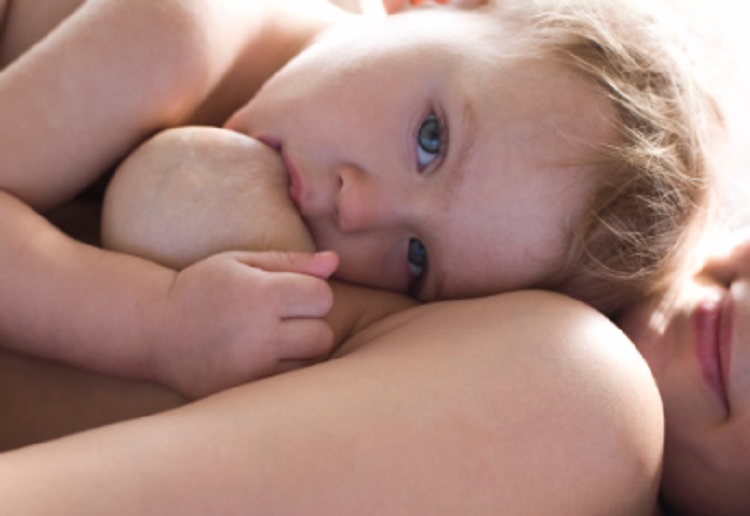
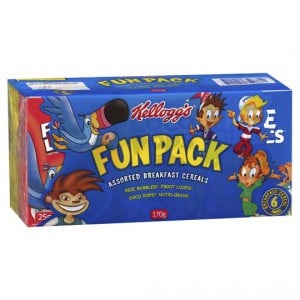
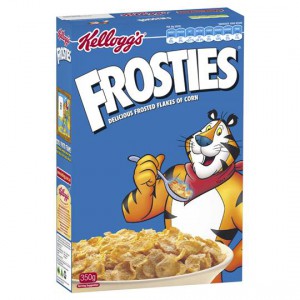
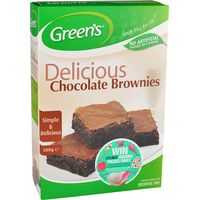
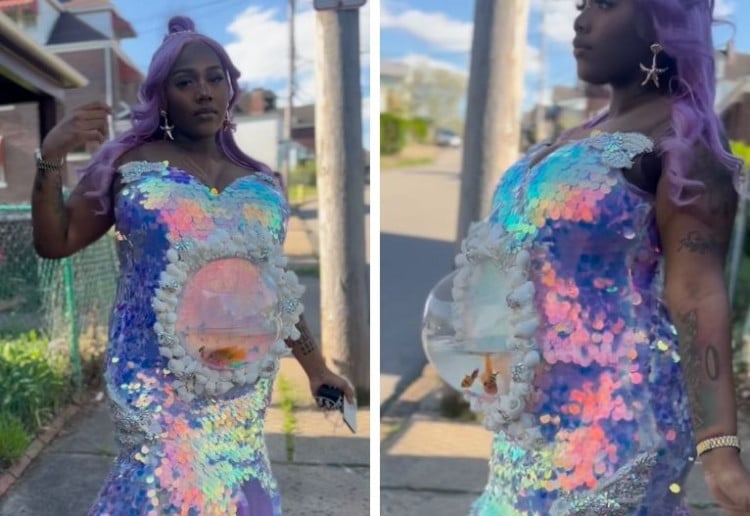





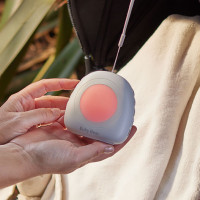









2:15 pm
1:49 pm
5:00 pm
12:57 am
4:29 pm
9:10 pm
2:38 pm
2:06 pm
1:37 pm
1:34 pm
8:38 am
10:32 pm
10:15 pm
7:20 pm
6:13 pm
- 1
- 2
- »
Post a comment